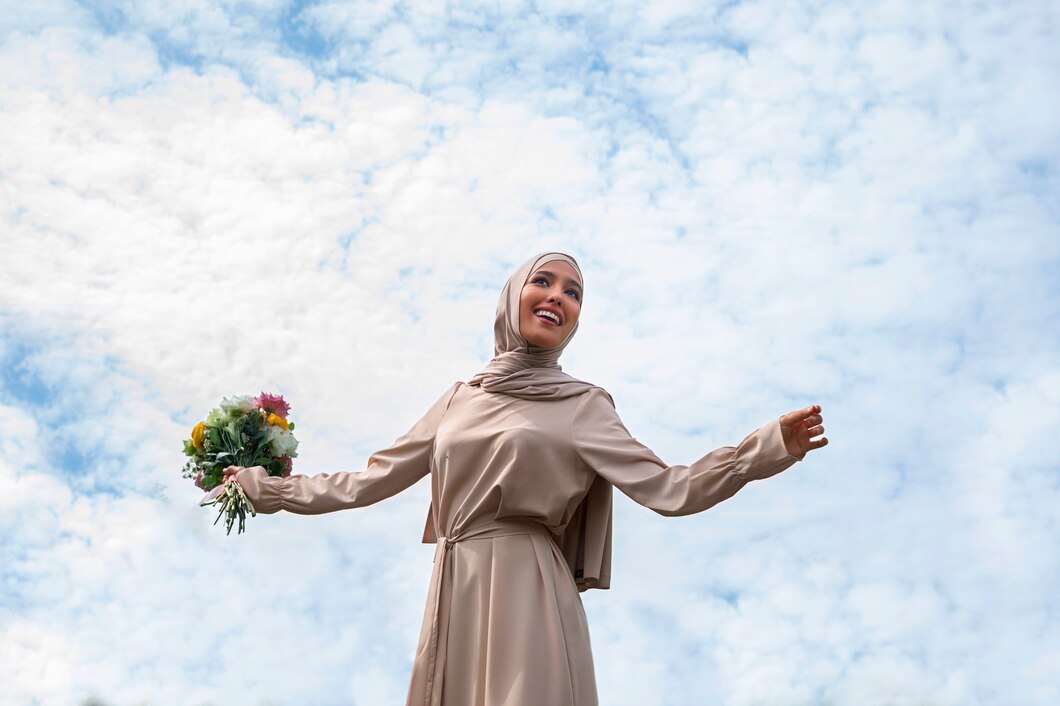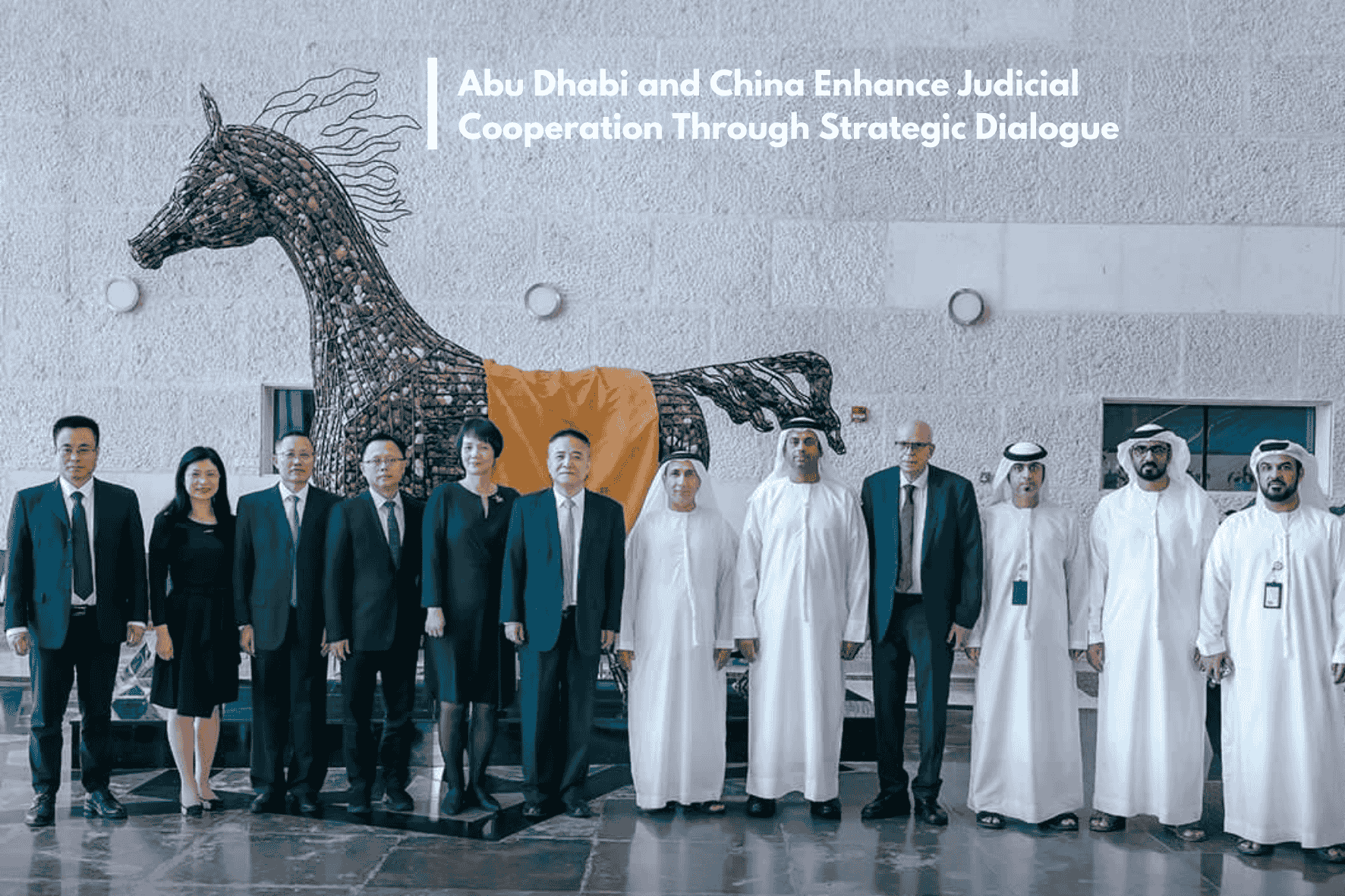UAE to Host 2025 Global Future Councils with WEF in Dubai

The UAE Government and the World Economic Forum have officially announced the 2025 edition of the Global Future Councils, set to take place in Dubai from October 14 to 16. This initiative strengthens a 16-year strategic partnership between the UAE and WEF and reinforces a shared commitment to global cooperation, innovation, and future-oriented dialogue.
The upcoming cycle will see over 700 experts from around the world convene to generate practical solutions to key global issues. From climate change to technological transformation and socioeconomic disruption, the Global Future Councils offer a collaborative platform where ideas can turn into actionable frameworks. With over 280 councils held to date and 6,600 global leaders involved, the initiative remains one of the most important gatherings for strategic thinking and international partnership.
Enduring Collaboration to Shape the Future
Mohammad Abdullah Al Gergawi, Minister of Cabinet Affairs and Co-Chair of the Global Future Councils, highlighted the deep-rooted cooperation between the UAE and the World Economic Forum. He emphasized that the councils reflect the shared vision of both entities to create an inclusive global dialogue that places humanity at the core of innovation. For more than five decades, the UAE and the World Economic Forum have built an open and future-focused relationship. Their collaboration has consistently aimed to empower governments, business leaders, and academics with platforms for problem-solving, policy shaping, and international cooperation. This legacy continues with the upcoming edition of the Global Future Councils, where dialogue will again serve as the foundation for long-term impact.
Al Gergawi also noted that the UAE’s leadership has continuously invested in scalable solutions that create value for all of humanity, citing this forum as an example of such commitment. The councils provide an opportunity to align global stakeholders around issues that transcend national borders and demand collective, human-centered action.
Addressing Interconnected Global Challenges
Børge Brende, President and CEO of the World Economic Forum, stated that the world’s most pressing issues—ranging from geopolitics to the environment—are now more interdependent than ever. According to him, the value of the Global Future Councils lies in their multidisciplinary nature, which allows for the convergence of ideas from various sectors to create comprehensive strategies. He emphasized that no single country or sector can solve global challenges alone. The councils will serve as spaces where innovative ideas and cross-sector solutions are not only shared but also scaled for real-world implementation. This model of collaborative governance is becoming increasingly important as nations and industries navigate complex economic, technological, and ecological transformations.
Brende pointed out that the success of these councils
The Framework of the 2025–2026 Councils The new edition of the Global Future Councils will feature 36 individual councils, with more than 700 experts participating from 93 countries. These participants will represent a wide array of institutions, including over 580 entities from academia, government, business, civil society, and international organizations. The membership structure of the councils is designed to ensure a balanced and inclusive exchange of ideas. One-third of the members will be drawn from the business community, another third from academic and research institutions, and the final third from government bodies and civil society groups. This format ensures that council discussions reflect multiple perspectives and generate well-rounded recommendations.
By integrating viewpoints from diverse fields, the councils aim to develop policy ideas that are not only visionary but also grounded in practical knowledge. Each council will be tasked with identifying emerging trends, analyzing potential risks, and proposing scalable strategies that can drive global development forward.
Pre-Summit Strategy and Alignment
Ahead of the October gathering, the UAE Government and the World Economic Forum held a strategic introductory meeting with council members to outline expectations and key themes for the upcoming cycle. This meeting served as a launchpad for the 2025–2026 term, helping members understand the strategic priorities and collaborative tools that will be employed during the summit. Ruqayya AlBlooshi, Executive Director for International Affairs at the UAE Prime Minister’s Office, and Martina Szabo, Head of Knowledge Communities at the World Economic Forum, led the briefing. They presented the mission of the councils and provided an overview of their impact since inception. Both leaders stressed the need for structured yet flexible dialogue to tackle emerging global challenges, ensuring that this year’s councils would build on past success while pushing boundaries in new areas.
This strategic alignment session set the tone for deeper engagement among members, laying a clear roadmap for collaboration and execution over the next two years.
UAE’s Global Leadership in Action
Ruqayya AlBlooshi underlined the UAE’s strategic role in fostering international collaboration and future-readiness. She noted that since the inception of the councils, the UAE’s contributions have helped create economic value amounting to nearly eight trillion dollars and impacted more than 683 million people across 158 countries. She explained that the collaboration has produced hundreds of specialized think tanks and convened thousands of experts and visionaries from around the world. This proves that the councils are more than discussion platforms—they are engines for systemic change.
Hosting the 2025 edition in Dubai further positions the UAE as a global hub for innovation and policy leadership. The country continues to demonstrate its ability to not only host large-scale dialogues but also implement outcomes through national and international programs.
Council Outcomes That Drive Global Change
One of the most notable examples of council impact has been the Global Future Council on Agile Governance. This particular council has produced policy frameworks that influenced governmental structures and regulatory reforms across several countries. Seven nations have directly adopted or referenced the council’s work, proving the ability of these forums to affect policy at the highest levels. The 2025–2026 councils are expected to produce similar results. Through targeted working groups, specialized studies, and actionable policy drafts, each council will focus on delivering measurable outcomes that align with global development goals. The councils not only serve as incubators for ideas but also as accelerators of implementation.
Evolution of the Global Future Councils
Martina Szabo provided insights into the historical evolution of the councils, explaining that they were first launched in 2008 under the title Global Agenda Councils. They have since transitioned into Global Future Councils to reflect a broader and more future-facing perspective. She emphasized that the councils are now integrated with the major strategic pillars of the World Economic Forum, ensuring their findings resonate across flagship events such as the Annual Meeting in Davos, the Sustainable Development Impact Meetings in New York, the Growth Summits in Geneva, and the Annual Meeting of the New Champions in China. This evolution allows the councils to act as strategic feeders of insight into global decision-making forums. By coordinating their outputs with global summits, the councils ensure that thought leadership is immediately connected to action.
Strategic Goals for the 2025–2026 Term
Szabo outlined the key objectives for the new cycle. These include encouraging cross-sector and interdisciplinary collaboration, identifying technological breakthroughs, and formulating evidence-based recommendations to address the world’s most critical challenges. Another goal is to build stronger data-sharing frameworks between the public and private sectors. These frameworks will guide scalable initiatives in areas like climate action, artificial intelligence governance, digital transformation, and inclusive economic growth.
The councils will also focus on enhancing global resilience by crafting adaptable policy models that can withstand evolving geopolitical and economic pressures. Their outputs will inform national strategies, multilateral agreements, and corporate governance reforms, reinforcing the councils’ role as strategic influencers of global development.
A Global Network for Shared Progress
Over the last 16 years, the Global Future Councils have established a reputation for excellence and influence. Their impact has spanned nearly 100 countries and influenced the work of thousands of institutions. With more than 280 councils held and over 6,600 global experts engaged, the councils have consistently provided a foundation for cooperative problem-solving and long-term planning. They remain a crucial platform for addressing complex issues that require not only local insights but also global coordination. As the 2025–2026 cycle begins, expectations are high that the councils will continue to provide relevant, innovative, and actionable recommendations that shape a better future for all.







